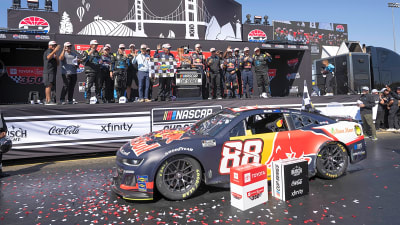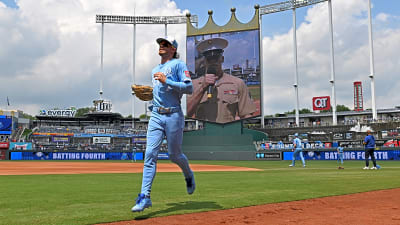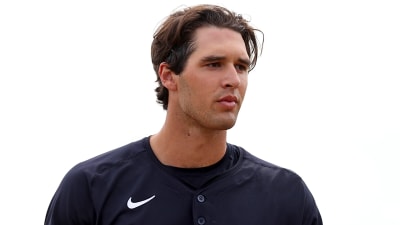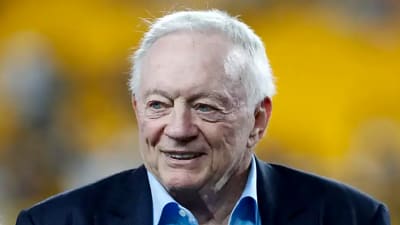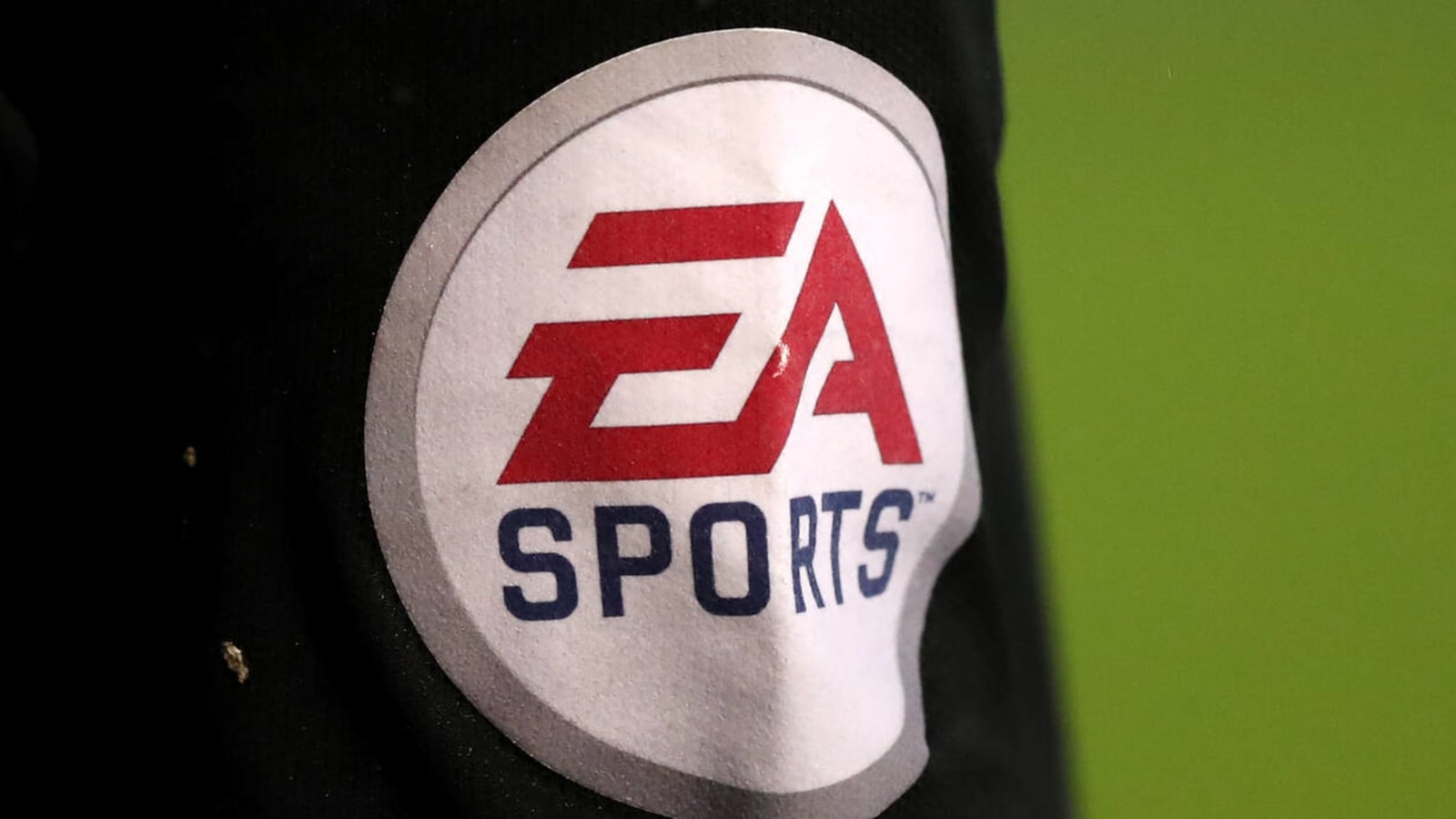
Marketing agency's lawsuit against EA Sports could delay release of college football game
An ongoing lawsuit could get in the way in next summer's release of "EA Sports College Football."
Amanda Christovich of Front Office Sports reports that The Brandr Group, a brand management agency that handles name, image and likeness (NIL) agreements for over 50 schools, is requesting a temporary restraining order against Electronic Arts that would stop the video game company from offering deals to schools and athletes.
The agency filed its lawsuit against EA last week, claiming that the company is trying to work around the agency's exclusive contracts to make its own deals with group licensing deals with schools and athletes. EA disputes Brandr's claim, stating that the agency doesn't have any control over individual athletes.
EA goes further, according to court documents reviewed by Christovich:
"...it is Brandr—not EA—that seeks to restrain student-athletes’ ability to contract freely. Brandr’s proposed injunction would frustrate student-athletes’ ability to make individual choices regarding whether they want to license their NIL rights and be included in EA’s game."
If Brandr is successful in litigation, the video game's release date can certainly be impacted, though legal experts Christovich spoke with say that the delay is contingent on several factors.
The lawsuit and chatter between both sides are actions that would have never happened throughout the majority of the NCAA's history. As "student-athletes," the only compensation they were allowed to receive while maintaining their eligibility was scholarships (which were only good for a year and could be taken away for a wide range of reasons) and limited work-study jobs, if possible. A long legal battle sparked by a lawsuit from UCLA basketball legend Ed O'Bannon pushed the organization to eventually create a program that began to compensate student-athletes.
On May 22, O'Bannon wrote an op-ed, rehashing the story of how he discovered that the NCAA allowed his likeness to be used without proper compensation. A week prior to the op-ed, EA agreed to work with a separate sports marketing agency to develop a program that would allow individual players to be paid for their likeness.
More must-reads:
- The most notorious sports feuds of all time
- Kirby Smart shares thoughts on potential Nick Saban coaching return
- The 'No. 1 overall MLB Draft picks' quiz
Breaking News
Trending News
Customize Your Newsletter
 +
+
Get the latest news and rumors, customized to your favorite sports and teams. Emailed daily. Always free!
